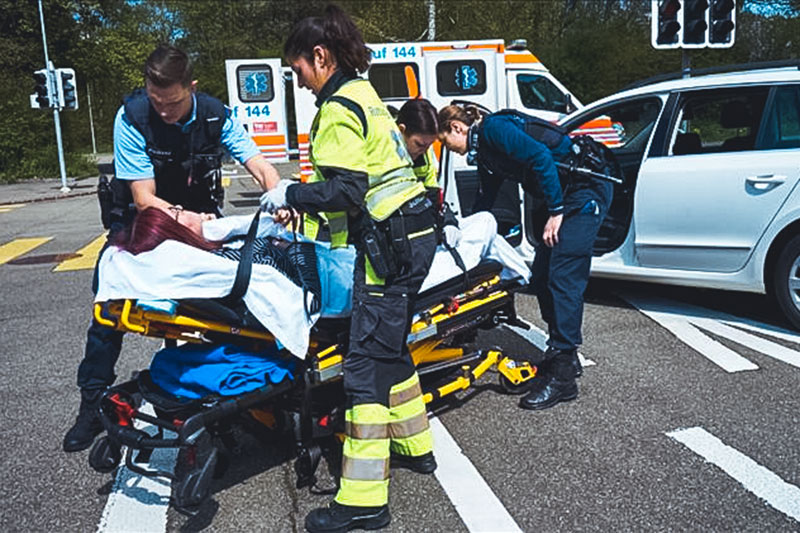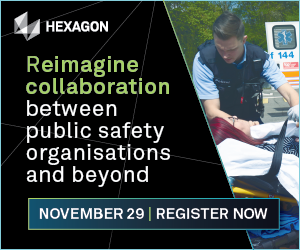***This event is now closed***
In an ideal world, public safety teams receive the right information at the right time to achieve full situational awareness and better respond to incidents. But in the real world, information sharing between teams is often constrained by challenges – from silos between organisations to an overwhelming influx of data.
Solving these challenges can lead to more timely incident assessment and response.
Breaking Down Silos
During emergencies, poor communications or a complete failure of communications between teams can be detrimental.
This often results from incompatible or disconnected information technology and communications systems, such as disparate computer-aided dispatch systems and/or other vital technologies.
During emergencies, poor communications or a complete failure of communications between teams can be detrimental.
Another factor may be a reluctance to share information due to security concerns. At best, a lack of sharing can impact productivity and efficiency. At worst, it can impact the effectiveness of response and on-scene operations.
How can agencies overcome these problems? Bring together diverse data sources into a common operating picture in such a way that data can be shared only when and as needed.
Cloud services make it possible to easily insert a collaboration platform alongside existing systems that can pull together data from different sources. This can provide agencies with control over the type of data they share and the interval at which they share it.
Achieving Common Purpose
By taking a “real time incident center as a service” approach, agencies have the ability to collaborate and even assign tasks to partner agencies and other relevant organizations.
By taking a “real time incident center as a service” approach, agencies have the ability to collaborate and even assign tasks to partner agencies and other relevant organizations.
For example, say a series of storms are bearing down on a flood prone area, and agencies are working to prepare. Emergency managers using a cloud-based collaboration platform can predict the potential impact, then task public works employees to sandbag spots where flooding is expected.
Using the same platform, the transportation department can be dispatched to reverse traffic flow on major inbound roads to facilitate evacuations. Hospitals can be alerted to staff up their ERs to care for anyone injured after the storms. EMS and police can be posted strategically.
Instead of separate agencies following their own protocols in a vacuum, the response is completely coordinated, and everyone has access to a digital display showing where resources are deployed and where they are needed.
When the skies clear, dozens of agencies and organisations have collaborated efficiently to get their community through a natural disaster. Yes, there’s still destruction and there’s clean-up to coordinate, but with digital-age collaboration, that’s going to be more efficient as well.
Join our upcoming webinar to learn how your police force can break down silos to better collaborate with other public safety agencies and organizations. Register below.

From silos to common purpose: How to reimagine collaboration between public safety organisations and beyond
Time: Nov 29, 2023 02:00 PM London
To save lives and better serve the public, police forces need to receive and share information with internal teams, partners, neighboring agencies and their communities as quickly and efficiently as possible. A global pandemic, social unrest and tightening budgets have exacerbated this need, making it vital for forces to adapt now.
In this webinar, join Hexagon’s Klaus Dalgaard to learn how improving collaboration and real-time data sharing can help police forces:
- Augment collaboration with their communities
- Facilitate change in today’s working practises
- Reduce costs by consolidating tools
To join us on this FREE and informative webinar, please register to attend below.
Once registered, you will receive an email confirmation with details and link to join the webinar.



